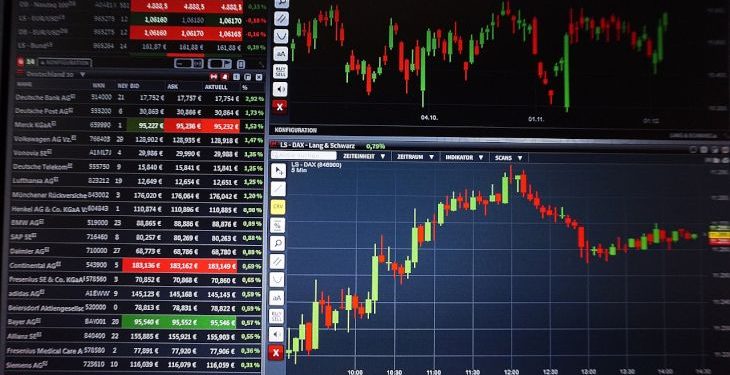Introduction:

Image: www.cashoverflow.in
In the ever-evolving landscape of finance, forex trading has emerged as a lucrative avenue for investors. India stands as a significant player in this global market, with its robust economy and vibrant trading community. However, to ensure the safe and ethical conduct of forex trading, the Reserve Bank of India (RBI) has implemented a set of comprehensive guidelines that govern the operations of all participants within the country. In this article, we will delve into the intricacies of these guidelines, empowering Indian investors with the knowledge they need to navigate the forex trading landscape with confidence.
Understanding Forex Trading
Forex trading, short for foreign exchange trading, involves the buying and selling of different national currencies. It is a global market that operates 24 hours a day, offering traders ample opportunities to seek profit from fluctuations in currency exchange rates. While forex trading can be a rewarding endeavor, it is essential to approach it with a clear understanding of the risks involved.
Role of the RBI in Regulating Forex Trading
The Reserve Bank of India plays a pivotal role in regulating forex trading in India. As the central bank, the RBI is responsible for maintaining the stability and integrity of the country’s financial system. The guidelines issued by the RBI aim to protect investors from fraudulent practices, unethical conduct, and excessive risk-taking.
Key Provisions of the RBI Guidelines (2016):
The RBI guidelines for forex trading in India, revised in 2016, provide a robust framework for managing foreign exchange transactions. Here are some of the key provisions of these guidelines:
-
Authorized Dealer (AD) Model: The RBI authorizes specific entities, known as Authorized Dealers (ADs), to facilitate forex trading in India. These ADs are typically banks or financial institutions that meet the RBI’s stringent criteria and undergo regular audits to ensure compliance.
-
Customer Due Diligence (CDD): ADs are required to conduct thorough Customer Due Diligence (CDD) on their clients before permitting them to engage in forex trading. The CDD process involves verifying the identity, address, and financial status of the trader to mitigate the risk of money laundering or other illegal activities.
-
Permitted Transactions: The RBI guidelines clearly define the types of forex transactions that are permitted in India. These include commercial transactions related to import and export of goods, services, and technology; remittances for personal expenses such as education, medical treatment, and maintenance of close relatives abroad; and investments in overseas securities.
-
Limits on Open Positions: The RBI has established limits on the open positions that ADs can maintain in their forex trading operations. These limits are designed to prevent excessive leverage and contain the potential for large-scale losses.
-
Price Transparency: ADs are obligated to provide transparent pricing information to their clients before executing any forex transactions. This includes displaying real-time exchange rates, bid-ask spreads, and any applicable fees or commissions.
-
Investment Protection: The RBI guidelines ensure the protection of investor funds by mandating ADs to segregate client accounts from their own operating accounts. This segregation prevents the misuse of client funds and ensures that investors’ interests are prioritized.
Benefits of the RBI Guidelines:
The RBI guidelines for forex trading in India offer several benefits to participants, including:
-
Market Stability: The guidelines help maintain the stability of the Indian foreign exchange market by regulating the activities of ADs and preventing excessive speculation.
-
Investor Protection: The guidelines protect Indian investors from unfair or fraudulent practices by ensuring that ADs operate ethically and transparently.
-
Prevention of Financial Crime: The CDD process and other compliance measures help prevent the use of forex trading for money laundering or other illegal activities, contributing to the overall integrity of the financial system.
-
Confidence Building: The RBI guidelines instill confidence among investors by establishing a framework that safeguards their interests and promotes a fair trading environment.
Conclusion:
The Reserve Bank of India’s guidelines for forex trading in India provide a comprehensive framework that ensures the safety, transparency, and integrity of this financial market. By adhering to these guidelines, ADs and investors can participate in forex trading with confidence, knowing that their rights and interests are protected. As the forex market continues to evolve, the RBI remains committed to adapting and updating its guidelines to meet the changing needs of the industry and the Indian economy.

Image: www.pelajaran.guru
Forex Trading In India Rbi Guidelines 2016






